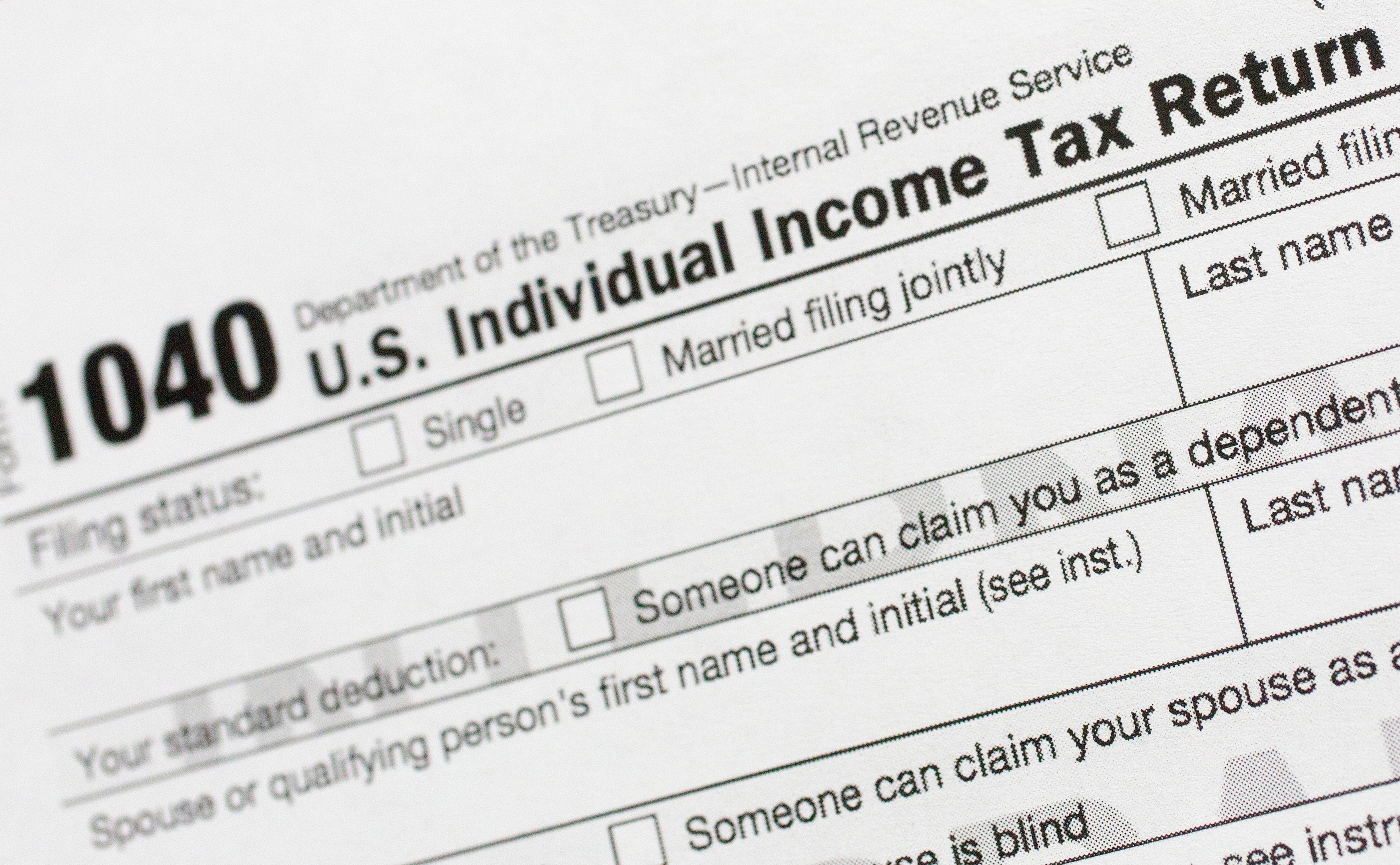'Groundhog Day' at IRS: Returns pile up, phone delays worsen
An IRS watchdog says customer service issues are worsening at the tax-return-processing agency

Your support helps us to tell the story
From reproductive rights to climate change to Big Tech, The Independent is on the ground when the story is developing. Whether it's investigating the financials of Elon Musk's pro-Trump PAC or producing our latest documentary, 'The A Word', which shines a light on the American women fighting for reproductive rights, we know how important it is to parse out the facts from the messaging.
At such a critical moment in US history, we need reporters on the ground. Your donation allows us to keep sending journalists to speak to both sides of the story.
The Independent is trusted by Americans across the entire political spectrum. And unlike many other quality news outlets, we choose not to lock Americans out of our reporting and analysis with paywalls. We believe quality journalism should be available to everyone, paid for by those who can afford it.
Your support makes all the difference.It’s Groundhog Day at the IRS.
After digging out of a daunting backlog from 2021, the agency has an even bigger backup for this tax season than it did a year ago and its pace for processing paper returns is slowing down, according to a watchdog report released Wednesday.
The National Taxpayer Advocate, an independent watchdog within the IRS, also said taxpayers are experiencing longer wait times on the telephone, and delays in processing paper returns have been running six months to one year.
The report on taxpayer challenges, which must be submitted twice a year to Congress, comes one day after the Internal Revenue Service announced that it is on track to eliminate its 2021 backlog of tax returns this week.
The Objectives Report to Congress contains proposals for lawmakers to consider going forward.
“When I released my Annual Report to Congress six months ago, I wrote that ‘Paper is the IRS’s Kryptonite, and the agency is still buried in it,’" National Taxpayer Advocate Erin Collins wrote in the report. “Fast forward to this Objectives Report: It’s Groundhog Day.”
She added: “At the end of May, the IRS had a larger backlog of paper tax returns than it did a year ago, and its pace of processing paper tax returns was slowing.”
Collins, who serves as an IRS ombudsman, said of the agency's problems: “The math is daunting."
According to the report, at the end of May the agency had a backlog of 21.3 million unprocessed paper tax returns, an increase of 1.3 million over the same time last year. The agency fell short on its goal to bring on 5,473 new employees to process returns, with just 2,056 employees hired.
Additionally, phone wait times increased to 29 minutes on average, compared with last year's 20-minute average wait time.
“That the backlog continues to grow is deeply concerning, primarily because millions of taxpayers have been waiting six months or more to receive their refunds,” Collins said.
In a joint letter addressed to Sen. Ron Wyden, D-Ore., who heads the Senate Finance Committee, Treasury Deputy Secretary Wally Adeyemo and IRS Commissioner Chuck Rettig said that roughly six to eight IRS employees manually handle each paper return that is filed.
“What the agency requires to avoid a crisis like this in the future is sustained, multi-year funding to invest in overhauling antiquated technology, improving taxpayer service, and increasing voluntary compliance,” the letter said.
“Those resources will be crucial to automating operations to increase efficiency.”
The Taxpayer Advocate report said credit is due to agency leadership for the burden it carries with “an extraordinarily complicated tax code," antiquated technology, inadequate staffing and lingering challenges that have come from distributing COVID-19 related programs.
“Despite these challenges, the tax system, as a whole, has held up well during the past two years," the report said.